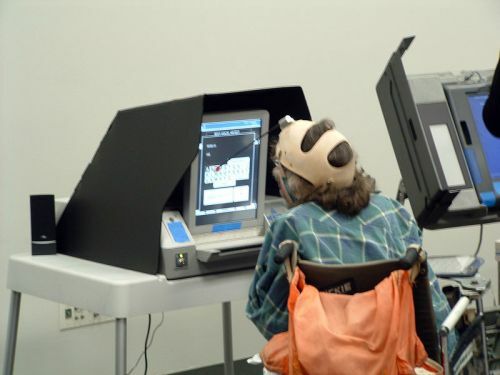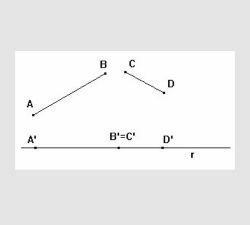Active methodology is a teaching-learning process that aims to break with the traditional perspective, in which students have a passive behavior towards content and knowledge.
In these models, the active participation of students plays a leading role in the teaching and learning process.
For this, some strategies are developed in order to provide greater involvement and engagement for the construction of relevant knowledge.
Examples of strategies for developing an active methodology
hybrid teaching
Hybrid teaching takes as its starting point the use of information and communication technology (ICT) accessories, in a mix between face-to-face and distance learning.
project-based education
Project-based education is a way to achieve student engagement by relating the various contents in an interdisciplinary way to carry out the project.
The projects to be developed are preferably defined collectively by professors and students.
The projects start from a common interest related to the context of the students and advance by relating knowledge and content from different areas and disciplines.
At the end, the project is presented with a report that shows the knowledge that was developed throughout the process.
problem-based education
In this modality of teaching and learning, students take the lead in the entire process. The issues to be resolved are yours, which makes engagement easier.
This methodology can often provide an integration of the entire school community in the context in which it is inserted, favoring a reflection on its reality.
It also allows the appreciation of traditional knowledge present in the school curriculum with the diverse knowledge of community members.
gamification
Gamification originates from the term game, which in English means “game”. Thus, gamifying is making a common activity take on the characteristics of a game.
In general, games have a higher level of engagement by students, so the lessons-games become more attractive, causing participants to disperse less throughout the process.
Gamification often relies on the call fun theory, or "fun theory", a term used to describe the stimuli to certain behaviors based on elements that make the practices fun.
In this type of approach, it is common that points or positive reinforcements are attributed to the accomplishment of the tasks.
See also the meaning of: teaching methodology.


